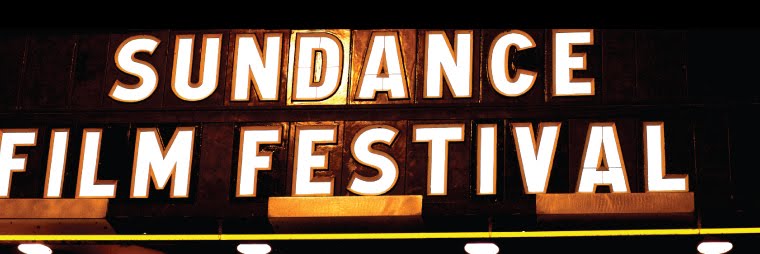Cinematographer Eric Strauss, Ryan Hill, Peter Hutchens
The Redemption of General Butt Nakedis a documentary following Joshua Milton Blahyi, a murderous general during Liberia’s civil war, and his pursuit of forgiveness for the murders and other war crimes he committed (Sundance).
Form
Looking at Bordwell and Thompson’s breakdown of different types of documentary films, it becomes clear that The Redemption of General Butt Naked is a hybrid of a couple of these. It has its share of the compilation form as it contains footage from the actual civil war. But, it is also an interview documentary with the “talking head” shots of both Blahyi and some of the people he has come into contact with. Then, there are also elements of direct cinema and cinema vérité present, as the camera tries not to assert itself in the interactions between Blahyi and those he is trying to “apologize” to. The portrait documentary is also seen in this film as it offers a portrait of this person referred to as General Butt Naked. This hybrid form is refered to as the Synthetic Documentary (341))
Considering the modes of documentary films that Izod and Kilborn present we find a similar kind of hybridity. Although, it is tempting to argue that The Redemption of General Butt Naked is a film made in an interactive mode, as there is a direct interaction between the camera and the subjects. But the film is also made in an observational mode as it follows Blahyi around, “observing” his redemption, or attempted redemption. I would argue that it is also the odd combination of the reflexive and expository mode, as there are two forms of non-traditional narrations. There is Blayhi’s own narration, through the interviews, of what is going on, a highly monolithic view of the events. But there is also the visual “narration” which problematizes that first narration. This hybrid of a film seems to problematize the division into types and modes these scholars have presented. Izod and Kilborn address this arbitrariness with the somewhat standard answer that no construct of categories can be exhaustive and cover everything (431).
Observation
The instances of forgiveness being bestowed upon Blahyi affected me in a certain way. I was surprised at the easiness that such grand forgiveness was granted. It got me thinking about quantum physics. The “observer effect” in quantum physics deals with the impact of observation.
The concept of the “observer effect” means that the act of observation alters that which is observed. It is not a question of a static amount of effect, but rather “the greater the amount of ‘watching,’ the greater the observer's influence on what actually takes place” (Weizmann Institute Of Science). In regards to the acts of forgiveness in The Redemption of General Butt Naked, many observers are positioned around the acts. Arguably, these observers have different directions of influence over what takes place. There are friends and family members around who might not want Blahyi to be forgiven. There are also supporters of Blahyi present who want this redemption to be complete. But the main observer is of course the camera. The camera as a participating observer that actually changes what goes on in front of it lies close to what Rouch puts into cinema vérité. Barnouw explains how ”the Direct Cinema artist played the role of uninvolved bystander; the cinema vérité artist espoused that of the provocateur” (255).
Film list:
Deliver us from Evil (2006) – An “Apology-flick” about a Catholic priest wanting to apologize and meet the all grown up kids he molested.
The Redemption of General Butt Naked (2011)
Searching for Angela Shelton (2004) – Filmmaker Angela Shelton goes to meet every Angela Shelton in the country and discovers that about half of them claim to have been victims of sexual abuse. On her way she confronts her father, the one who abused her.
Works cited
Barnouw, Eric. Documentary – A History of the Non-Fiction Film. 2nd Ed. New York: Oxford UP, 1993. Print.
Bordwell, David & Kristin Thompson. “Documentary, Experimental, and Animated Films.” Film Art: An Introduction. 8th Ed. Boston: McGraw-Hill, 2008. 338-381. Print.
Izod, John & Richard Kilborn. “The Documentary.” The Oxford Guide to Film Studies. Ed. John Hill & Pamela Church Gibsn. New York: Oxford UP, 1998. 426-433. Print.
“Sundance Film Festival 2011 : The Redemption of general butt Naked.” Slated. 2010. Web. 5 Feb 2011
Weizmann Institute Of Science. "Quantum Theory Demonstrated: Observation Affects Reality." ScienceDaily 27 February 1998. 7 February 2011

No comments:
Post a Comment
Note: Only a member of this blog may post a comment.